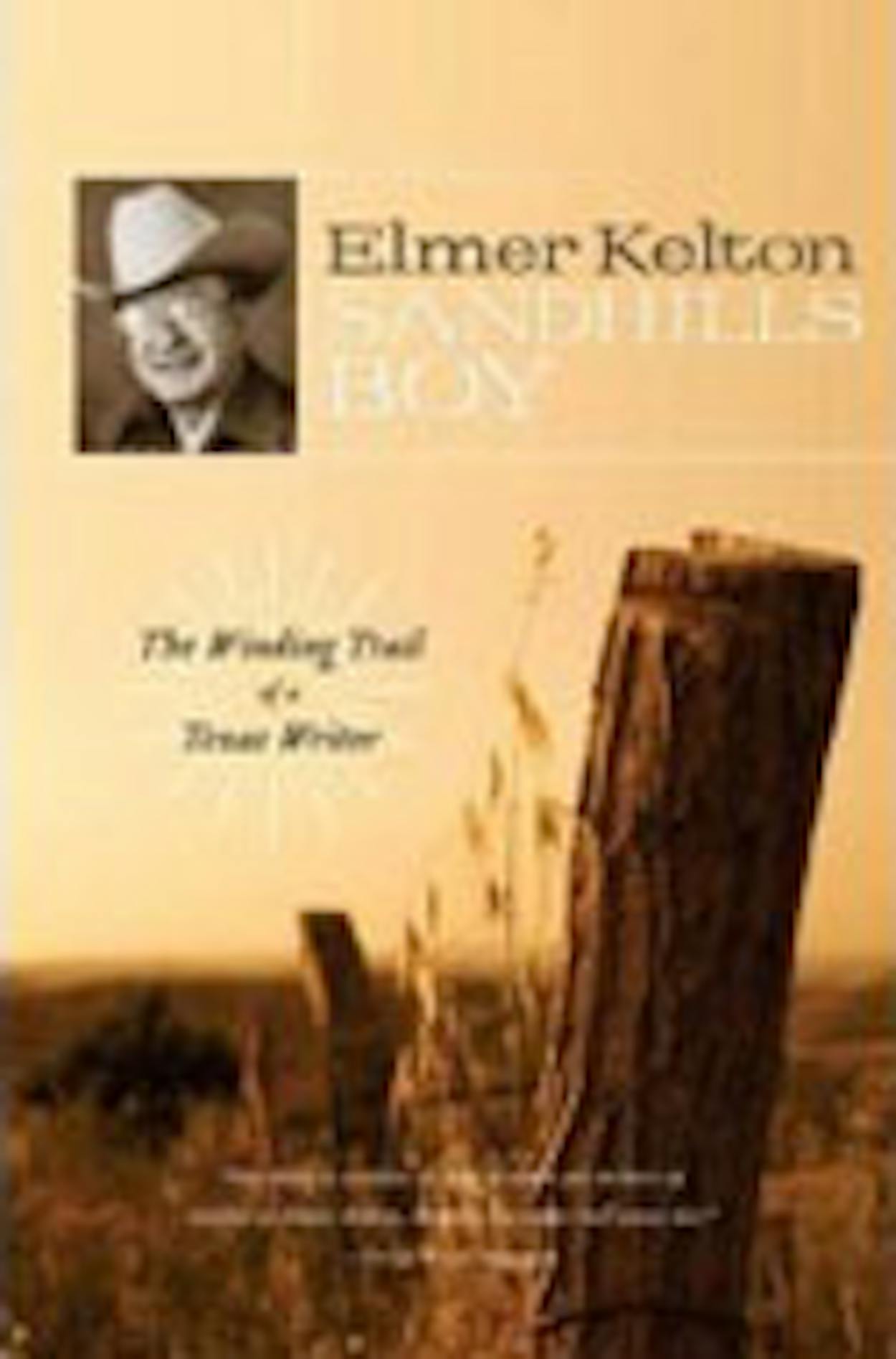Born on the Five Wells Ranch, in Andrews County, this consummate Texas writer has authored almost fifty books and been voted the greatest western writer of all time by his peers. Sandhills Boy: The Winding Trail of a Texas Writer is a thoughtful look back at 81 years on earth.
You grew up surrounded by cowboys. Were you tempted to make your living as a ranch hand? I always wanted to be a good hand, but from the first, I seemed to be lacking in the essential cowboy skills. Had I been better at it, I might have been content to make it my life’s work.
How has the cowboying you witnessed influenced the cowboying you write about? When a story calls for it, I can describe the work accurately, because I usually have done it or at least tried to. There is no substitute for hands-on experience, even if it involves pain.
You’re a dyed-in-the-wool Texan. Have your travels changed your perspective on your home state? I believe traveling helps me look at Texas through fresh eyes. Traveling to other countries, beautiful though they may be, gives me a chance to compare. In terms of freedom, opportunity, and yes, tolerance, I find this country well out in front of anywhere else I have seen.
Tell us a bit about how your World War II military service in Europe changed your life . . . Military service brought many changes in my life. For one thing, it took me to places I would otherwise never have seen and introduced me to people from many parts of the world. It vastly broadened my world view, for I had never been out of Texas before. It taught me that at the basic human level where we all live, we are very much alike no matter our language, our politics, our religion.
It taught me tolerance for people unlike myself. The hardships taught me that I was stronger than I had ever thought, and they taught me not to “sweat the small stuff,” to see life from a broader perspective.
Lastly and most important, military service carried me to Austria, where I met the girl with whom I have spent sixty years of my life.
Has the Western genre changed over the course of your career? Today’s better westerns tend to emphasize character more and action less. There is less interest in the make of the pistol the character shoots and more interest in why he fires it.
Is writing still challenging and rewarding for you? Now and then I wonder where my next novel is going to come from. I never intend to write the same one twice, but sometimes I catch myself doing something I did in a book twenty or thirty years ago, and I have to do that part over. I find I am writing more slowly these days, but I have no intention of hanging it up so long as I can still write and find readers for my books.
Is there a particular book or character that is especially dear to your heart? If you twist my arm I will admit that The Time It Never Rained is my favorite of my own books. It is the most personal for me because it is based on things I saw happen around me in the fifties, to people I knew and cared about. My second pick, and a close one, is The Good Old Boys. It was inspired by old family stories and yarns I heard from the cowboys when I was a boy.
Was the Old West a better time and place? The Old West has been glamorized beyond any reality. It had some good qualities, mainly the hope of a fresh start for those who had little or nothing. And it was by today’s standards mostly unspoiled, an environmentalist’s dream. But life was hard. Most people worked harder than we do today, often for little return. Not everything today is better—we have become less caring of our neighbors, less civil, more given to mindless vulgarity, which our forebears would not have tolerated. Still, if H. G. Wells comes along with his time machine and offers to take me back to 1880, I ain’t goin’.







